Glossary
Employee growth from A-Z, literally. Anything you want to know about employee development and mastery-based learning platforms–you’ll find here.
Thank you! Your submission has been received!
Oops! Something went wrong while submitting the form.









